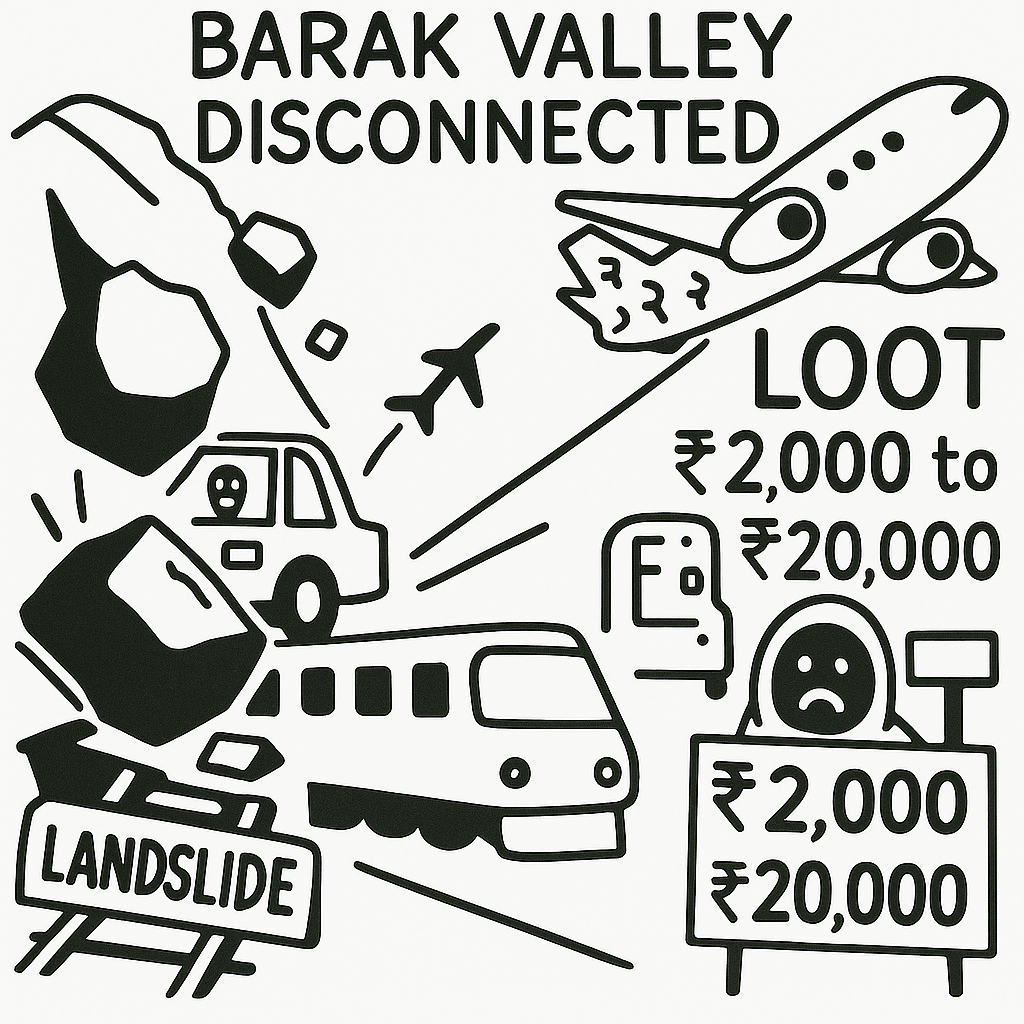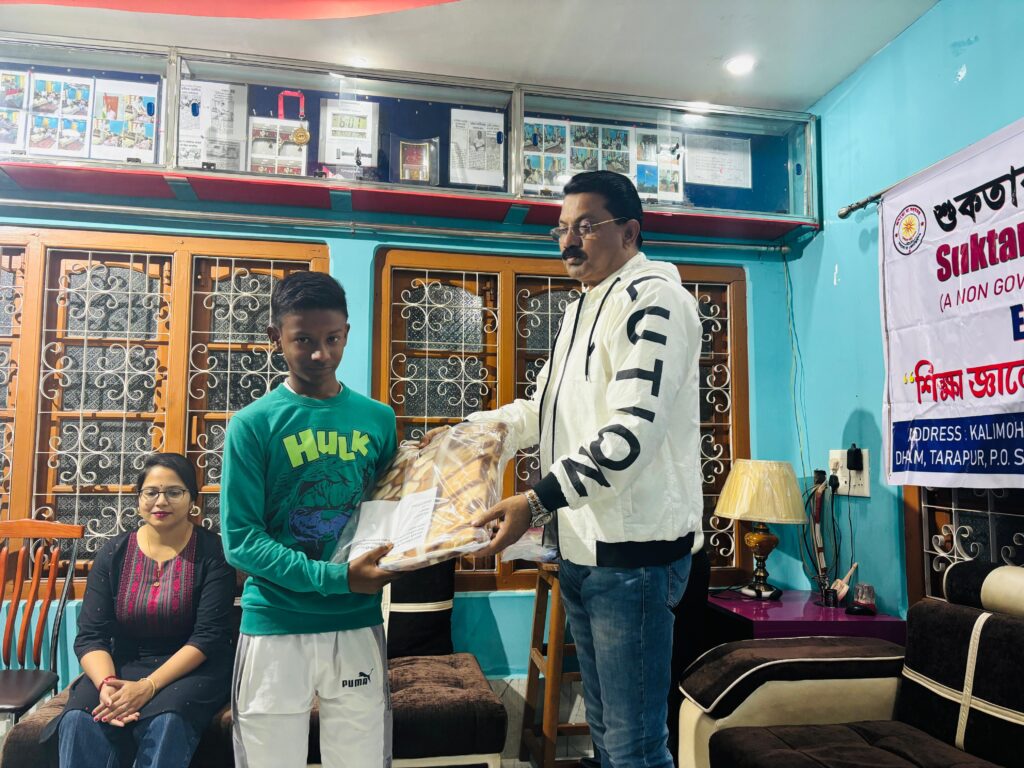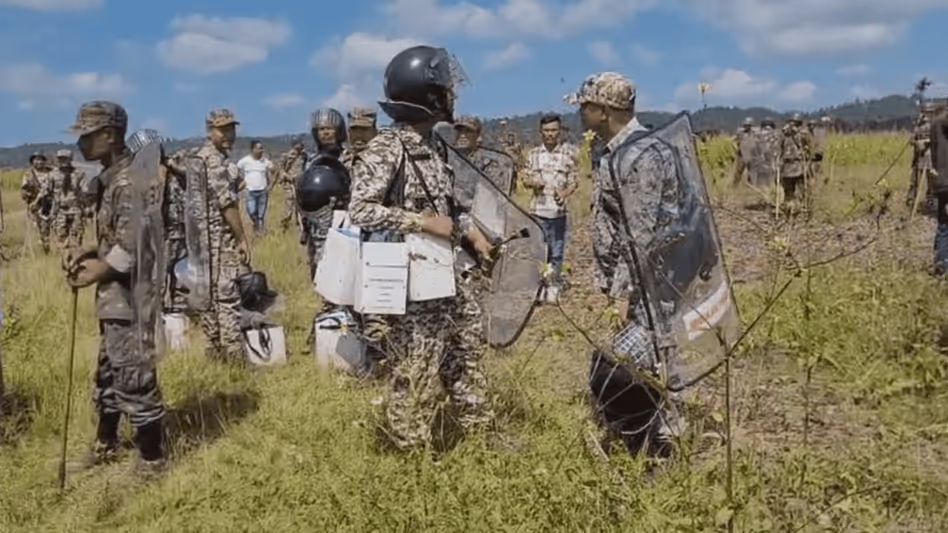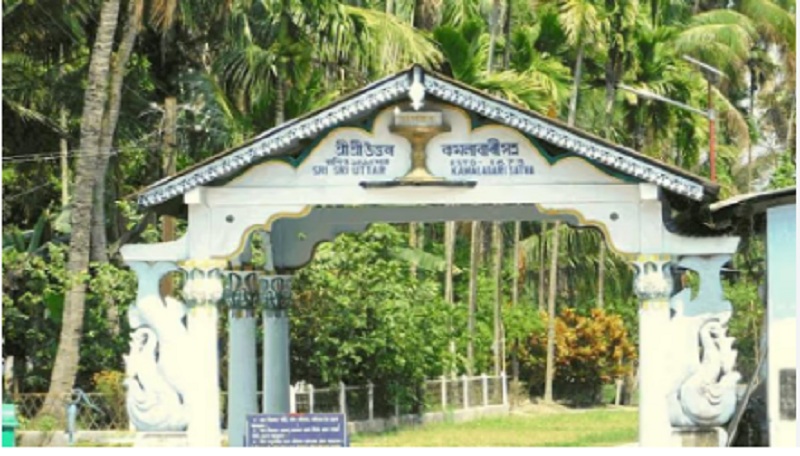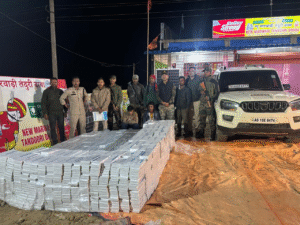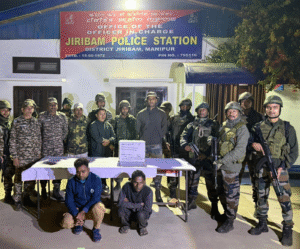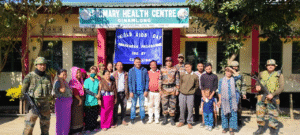“Security and enforcement agencies in the Northeast have intensified operations against drug trafficking, seizing narcotics valued at nearly Rs. 100 crore and arresting 12 suspects, including four Myanmar nationals. Coordinated raids involving Assam Rifles, Border Security Force, Directorate of Revenue Intelligence, state Excise and police forces were conducted across Mizoram, Tripura, Manipur, and Assam. Seized drugs included methamphetamine tablets (locally known as Yaba), heroin, cocaine, ganja, and foreign-origin cigarettes. A major bust on November 17 arrested two men with 800 grams of high-purity cocaine in Agartala, linked to an international syndicate with Pakistan connections. Methamphetamine and heroin worth Rs. 41.64 crore were recently seized by Mizoram Police, leading to arrests of suspects smuggling drugs from Myanmar’s Chin state, a key narcotics hub. Despite porous borders, coordinated agency efforts continue to disrupt trafficking networks involving insurgent and criminal groups, as part of a region-wide crackdown with ongoing intensified vigilance planned through December.”











